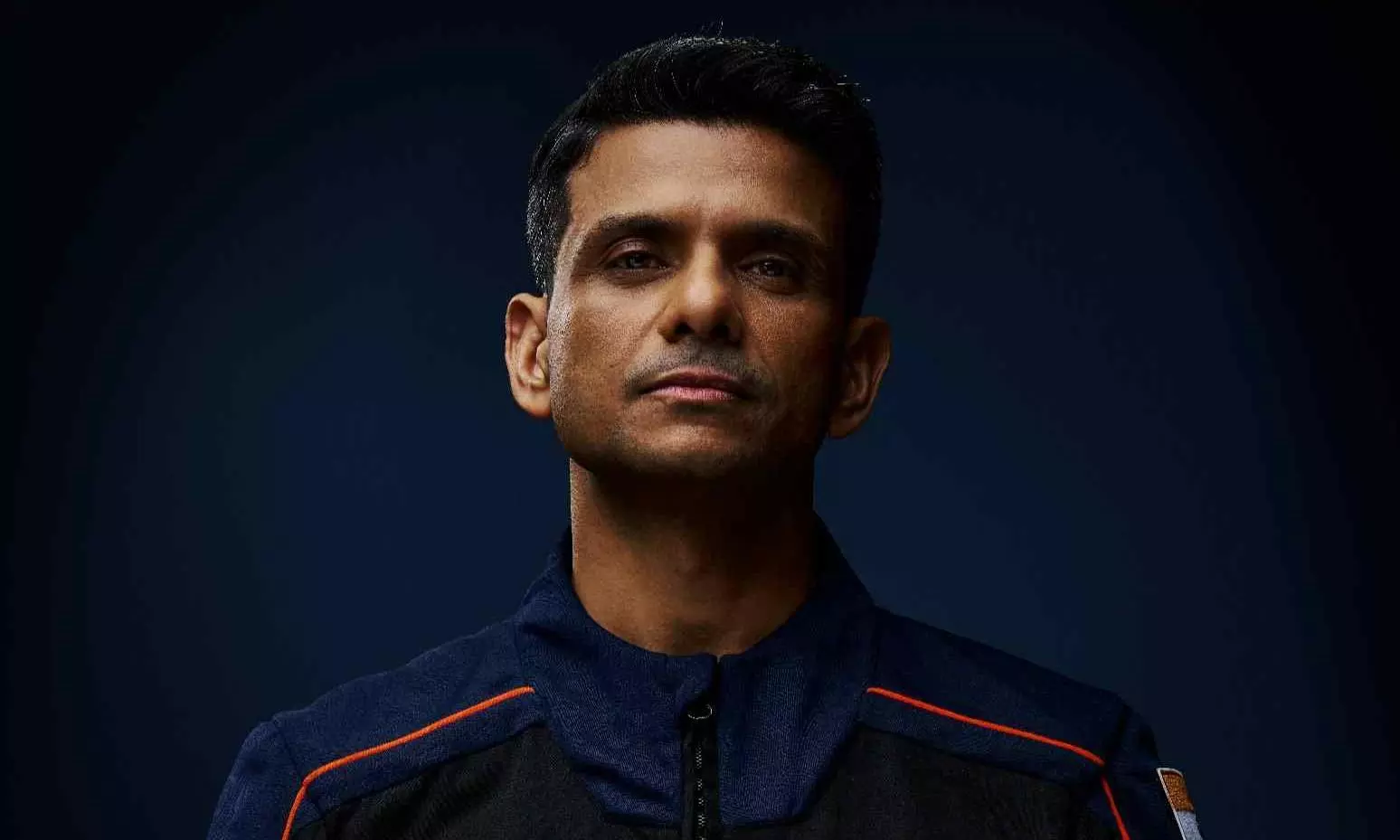
6 experiments astronaut Shubhanshu Shukla will do in space next month
Shukla will conduct experiments ranging from growing crops to studying hard-core survivors like water bears, muscle loss in space during his 14-day stay at ISS

Indian astronaut Shubhanshu Shukla is expected to conduct at least six experiments, including growing crops and studying "ultimate survivors" water bears in space, during his 14-day stay at the International Space Station next month.
The Indian Space Research Organisation (ISRO), in collaboration with NASA and the European Space Agency (ESA), will conduct at least six experiments during the Axiom Mission-4 (Ax-4) scheduled for late May that will also have astronauts from the US, Hungary and Poland onboard.
Resilience of water bears
In partnership with NASA and Voyager, ISRO is studying the resilience of tardigrades or water bears, tiny, water-dwelling creatures known for their ability to survive extreme conditions. They are also known as moss piglets.
Tardigrades have been on Earth for around 600 million years and will likely withstand any major changes to the Earth's climate in the near future as well.
This experiment will examine the revival, survival and reproduction of tardigrades on the International Space Station, comparing gene expression patterns between space-flown and ground control populations.
Understanding the molecular mechanisms of their resilience could inform future space exploration and lead to innovative biotechnology applications on Earth, Axiom Space said.
Using computer screens in space
This research will delve into how tasks like pointing, gaze fixation, and rapid eye movements are affected in microgravity and how these changes might influence stress levels.
The findings could inform the design and interaction of future spacecraft computers, making them more user-friendly for astronauts.
Space Microalgae project
ISRO, in collaboration with NASA and Redwire, will undertake the 'Space Microalgae' project to investigate the impact of microgravity on the growth, metabolism and genetic activity of three strains of edible microalgae.
These tiny organisms could become a sustainable food source for long-duration space missions, thanks to their rich protein, lipid, and bioactive components.
Bacteria and photosynthesis
Another project, in partnership with ESA, examines cyanobacteria, aquatic bacteria capable of photosynthesis.
By comparing two strains of cyanobacteria, ISRO aims to understand their growth rates, cellular responses, and biochemical activity in microgravity.
This research could pave the way for integrating these bacteria into spacecraft environmental control systems, enhancing life support for future missions.
Muscle regeneration under microgravity
The "Effect of Metabolic Supplement on Muscle Regeneration Under Microgravity" project, conducted by ISRO with NASA and BioServe Space Technologies, seeks to uncover the pathways responsible for muscle dysfunction in space.
By identifying molecular mechanisms and potential interventions, this research could help prevent muscle atrophy in astronauts during long missions. The findings might also have significant implications for treating muscle-related diseases on Earth.
Salad seeds in space
ISRO's "Sprouting Salad Seeds in Space" experiment, in collaboration with NASA and BioServe Space Technologies, seeks to investigate the germination and growth of six crop seeds in microgravity.
By studying the effects on genetics, microbial load and nutritional profile over multiple generations, this project aims to ensure reliable food source for future space explorers.
(With inputs from agencies)

